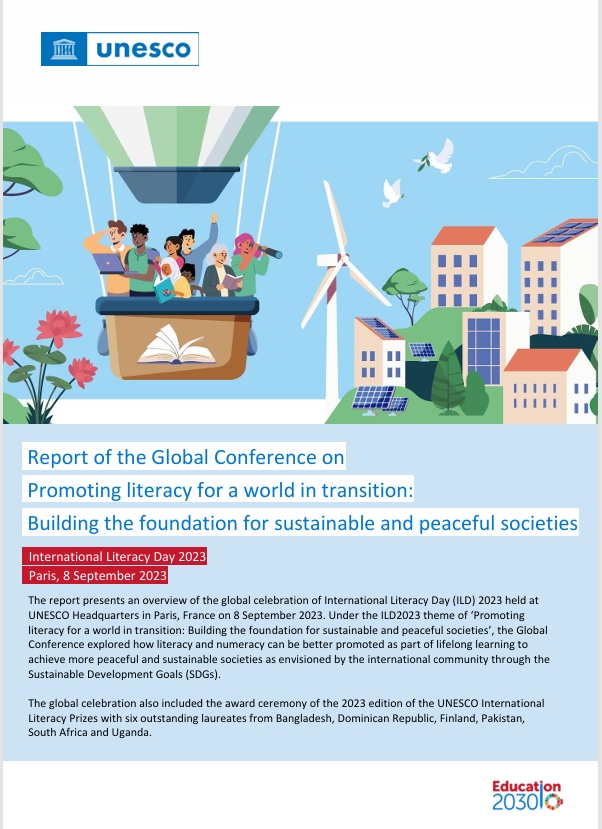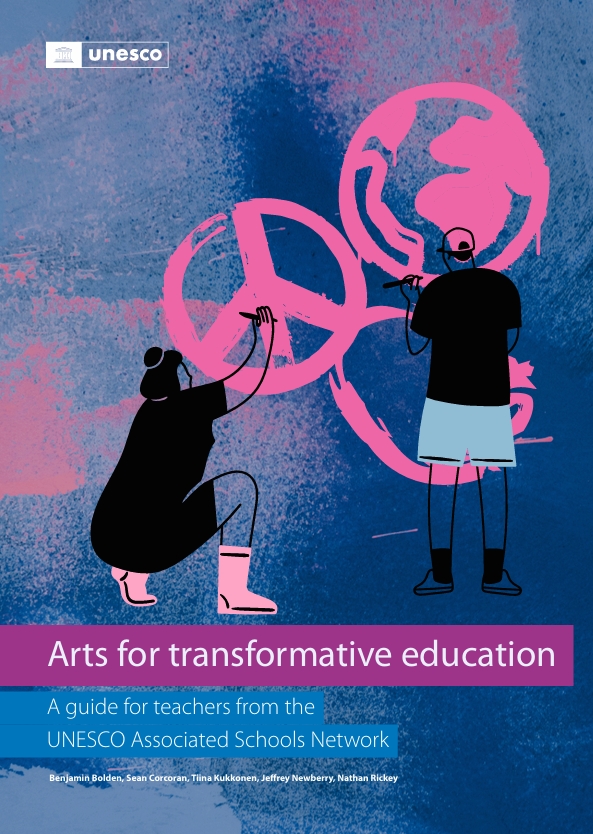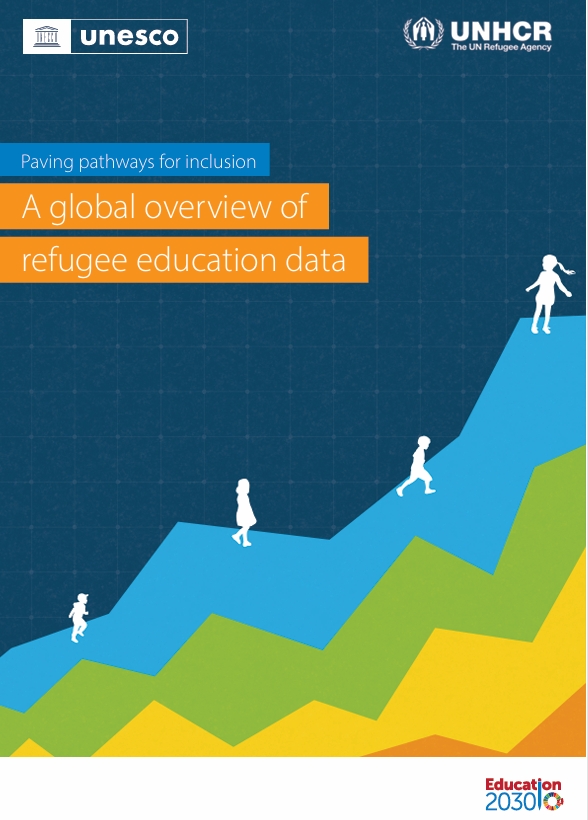Source: Open Culture ~ Go to Original Article
This past spring, teachers and students everywhere got an abrupt introduction to online learning. When classrooms moved online in March, many teachers experimented with online pedagogy for the first time, often without much training or support. To help ease this transition, the Stanford Online High School–an independent high school that operates entirely online–launched a free course designed to help teachers get comfortable teaching in this new medium. 7,000 teachers signed up. To continue providing support, an updated version of this free course will be offered again this weekend.
“Teaching Your Class Online” will take place this Saturday (November 21) and Sunday (November 22), and run from 9:00 am – 11:00 am Pacific time each day. Designed mainly for instructors teaching grades 7-12, the course can be helpful for elementary and college instructors as well. Topics covered will include “challenges [such] as student engagement and discussion (including for large groups, breakout rooms, and hybrid groups), effective communication with students and parents, assessment and curriculum adaptation for online pedagogy, and strategies for supporting both students and yourselves.”
…






